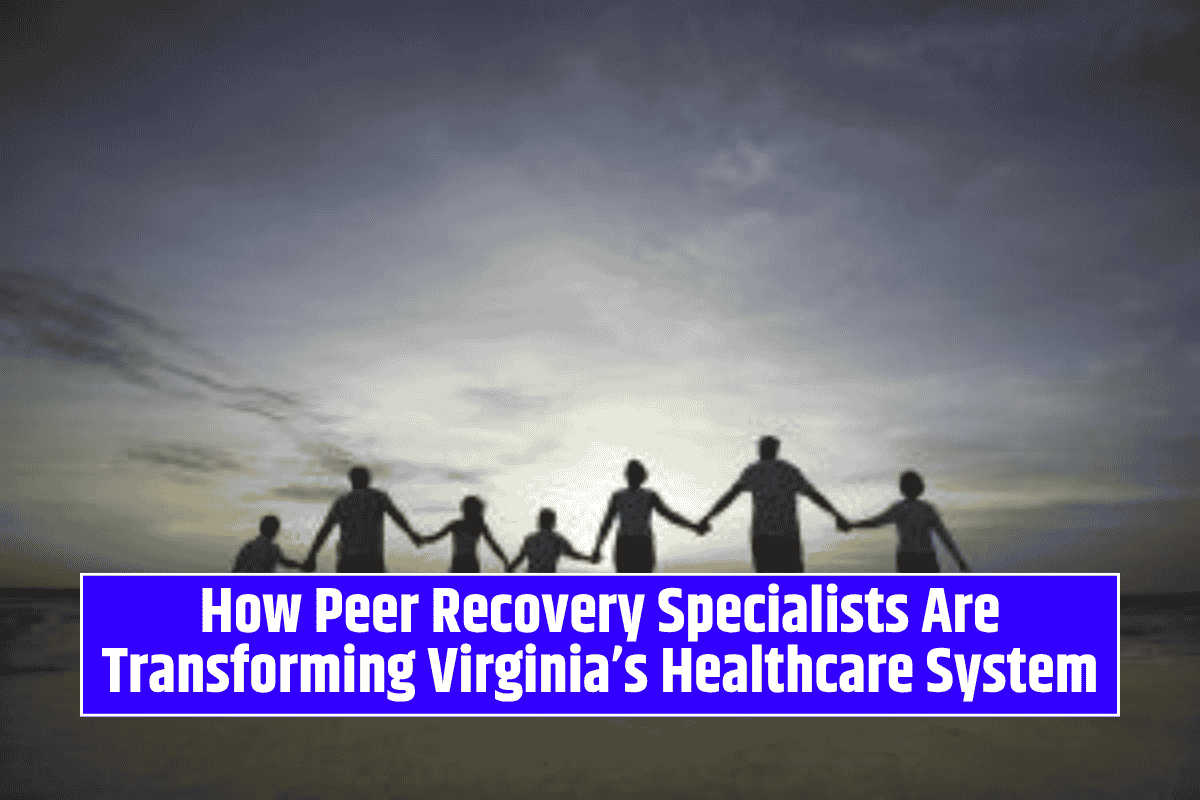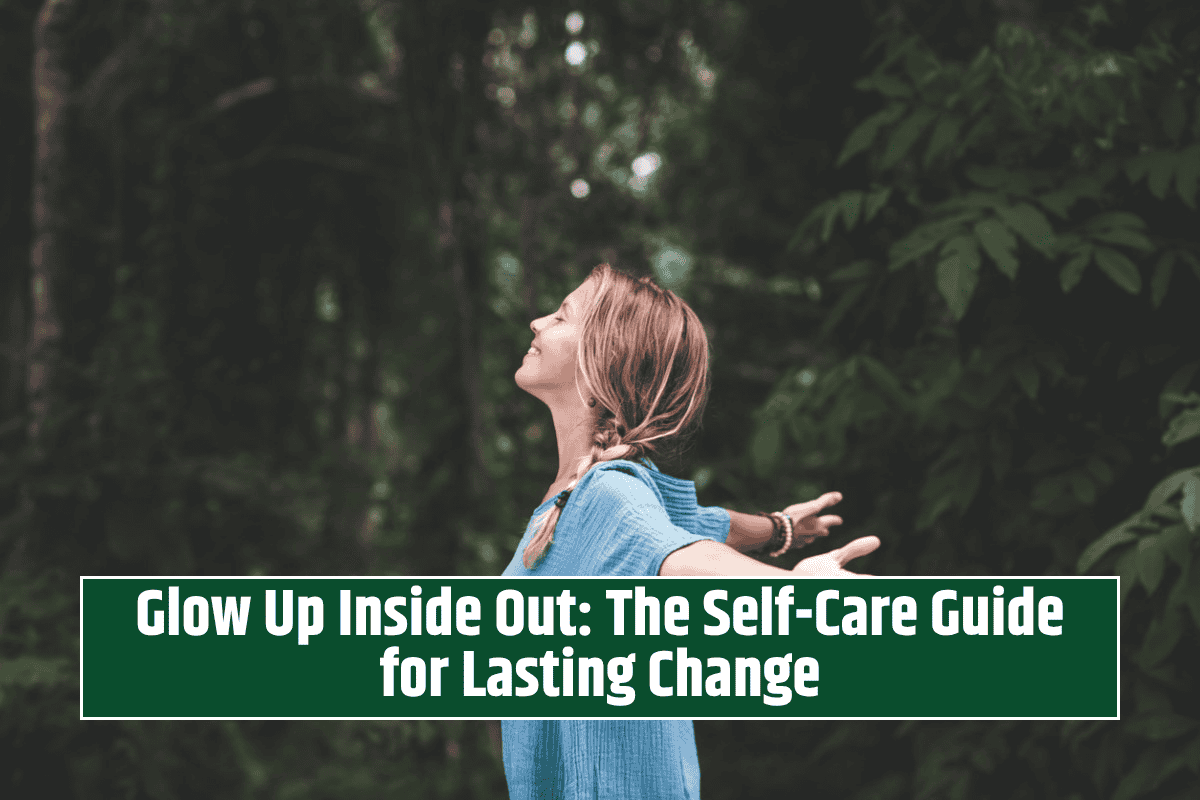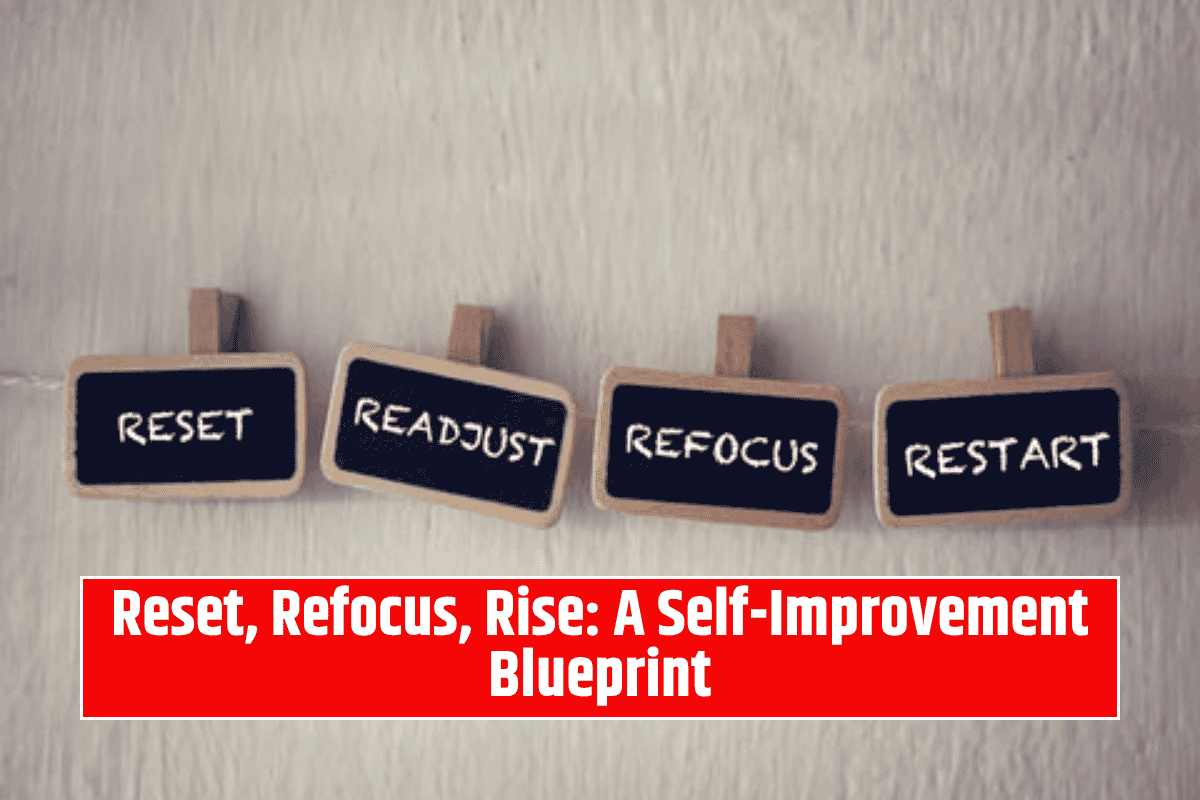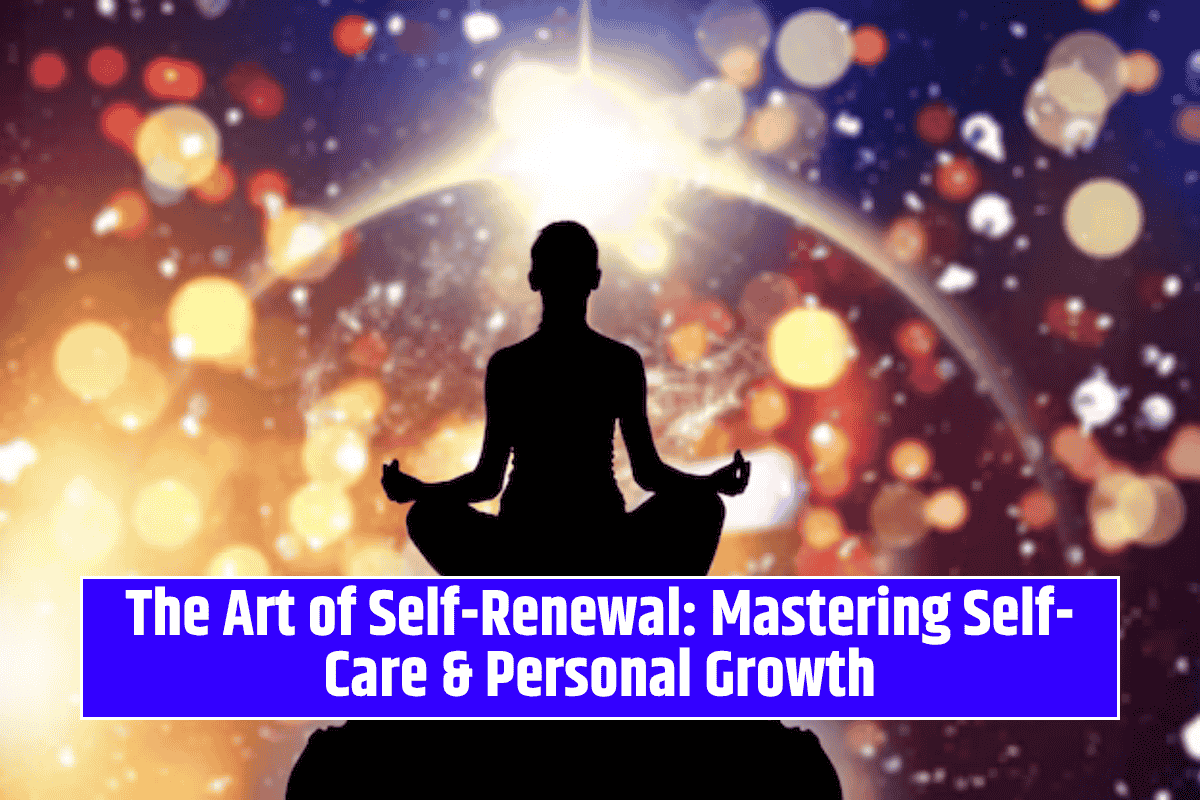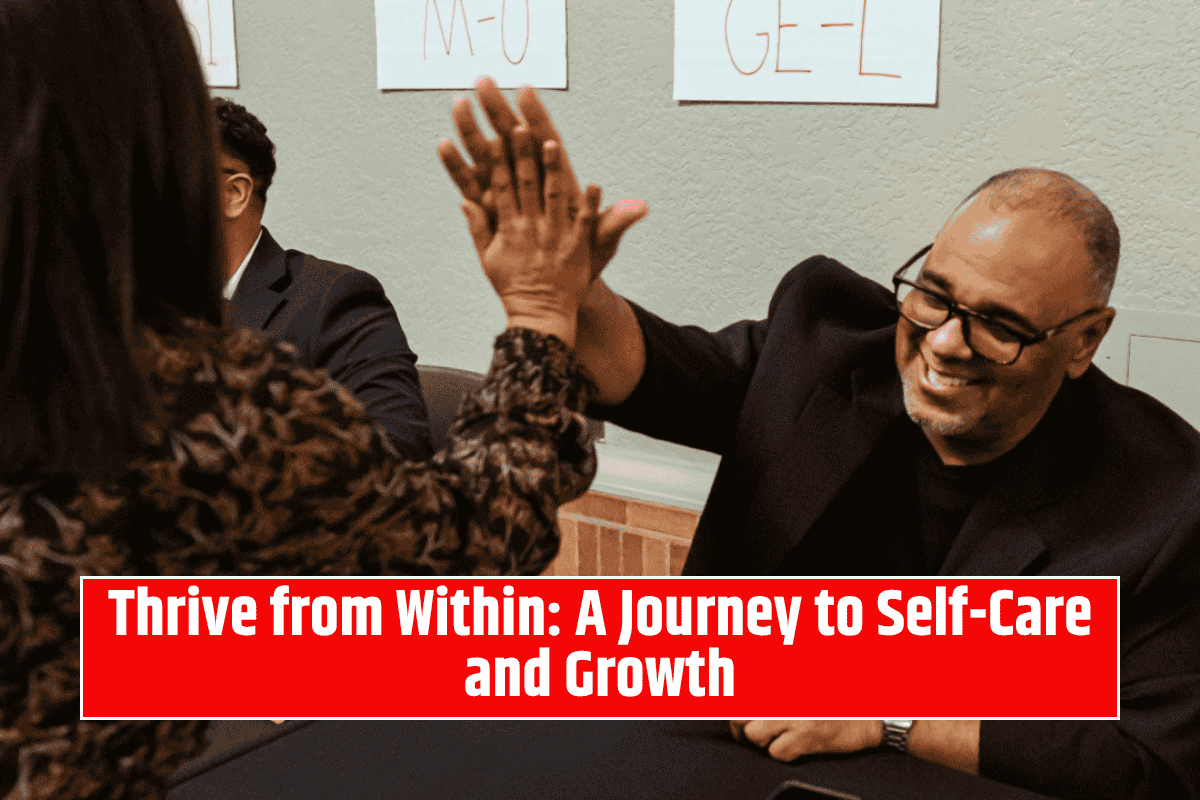Peer Recovery Specialists (PRS) in Virginia are transforming the state’s behavioral health landscape.
By bringing their personal experiences with mental health and substance use challenges into their professional roles, these specialists provide person-centered support that complements traditional clinical care.
Their efforts are helping to reduce stigma, increase patient engagement, and improve recovery outcomes across the Commonwealth.
1. Integration into Healthcare Teams
In Virginia, PRS are becoming an integral part of multidisciplinary healthcare teams. They work alongside clinicians to offer holistic care that addresses both the clinical and personal aspects of recovery.
One notable example is the Department of Veterans Affairs, where PRS are incorporated into primary care teams.
These specialists assist veterans with chronic conditions and guide them through the healthcare system, leading to improved health outcomes and patient satisfaction.
2. Expansion of Peer Support Programs
Virginia has recognized the tremendous value of peer support and has worked to expand training and certification programs for PRS. The Virginia Certification Board provides a structured path for individuals to become Certified Peer Recovery Specialists.
This involves completing a 72-hour training program and gaining 500 hours of peer support experience. This certification process ensures that PRS are well-equipped with the skills and knowledge necessary to effectively support individuals in their recovery journeys.
3. Legislative Support and Advocacy
Lawmakers at both the state and federal levels are actively advocating for the role of PRS, working to reduce employment barriers for individuals with lived experience.
Recent legislative efforts have focused on breaking down obstacles like criminal records, which have traditionally limited the ability of many individuals to become PRS.
These efforts open the door for more individuals to enter this vital profession and contribute to the recovery community.
4. Impact on Recovery Outcomes
The inclusion of PRS in addiction and mental health recovery programs has shown significant positive outcomes.
For instance, the HOPE Initiative, implemented in various free clinics across Virginia, has demonstrated that patients who receive peer support experience higher engagement rates, better adherence to treatment plans, and lower relapse rates.
These outcomes highlight the effectiveness of peer support in facilitating lasting recovery.
5. Community-Based Support
Many PRS work within community-based settings, making their support more accessible and relatable for individuals in recovery.
Programs like the Alive RVA Warm Line provide peer-to-peer support over the phone, allowing individuals to connect with someone who understands their experiences and can offer guidance and encouragement.
These community-based initiatives help break down isolation and foster a sense of belonging for those in recovery.
Peer Recovery Specialists are becoming an essential part of Virginia’s healthcare system. By offering compassionate, lived-experience-based support, they help enhance traditional clinical care and improve overall recovery outcomes.
Their work fosters a more inclusive and supportive healthcare environment, and as Virginia continues to expand the role of PRS, their impact on the healthcare system is set to grow, bringing about a more holistic approach to behavioral health care.
FAQs
What role do Peer Recovery Specialists play in Virginia’s healthcare system?
Peer Recovery Specialists in Virginia offer support to individuals in recovery from addiction and mental health challenges. They work within healthcare teams, assist patients with navigating the healthcare system, and provide peer-to-peer support that enhances clinical care.
How are Peer Recovery Specialists certified in Virginia?
In Virginia, individuals can become Certified Peer Recovery Specialists by completing a 72-hour training program and gaining 500 hours of peer support experience. This ensures they have the skills necessary to support others in recovery effectively.
What impact have Peer Recovery Specialists had on recovery outcomes in Virginia?
Programs involving Peer Recovery Specialists, like the HOPE Initiative, have shown improved recovery outcomes, including higher patient engagement, better treatment adherence, and lower relapse rates. These results highlight the positive impact of peer support on the recovery process.
What is the role of legislation in supporting Peer Recovery Specialists?
Virginia lawmakers are actively supporting the role of Peer Recovery Specialists through legislation that removes employment barriers, such as criminal records, for individuals with lived experience. This helps expand the pool of qualified candidates and strengthens the recovery community.
How do community-based programs support individuals in recovery?
Programs like the Alive RVA Warm Line provide accessible, peer-to-peer support over the phone, connecting individuals with specialists who have lived experiences. This allows for personalized, empathetic support that enhances recovery efforts and reduces feelings of isolation.
